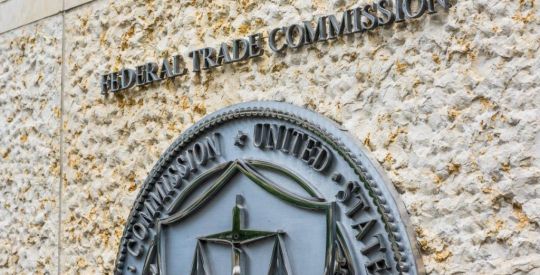Officials at the Dept. of Housing and Urban Development said Friday that they had agreed to a $35 million settlement to a federal lawsuit centering on alleged kickbacks paid to real estate brokerages by hazard reporting company Property I.D. Corporation. The settlement terms must still be approved by a judge. The government had accused Realogy Corporation and related brokerage entitities Cendant Corp., and Coldwell Banker Residential Brokerage Corp. with accepting kick-backs from Property I.D. in exchange for orders of hazard disclosure reports. Realogy is the parent company of Century 21, ERA, Coldwell Banker, and Sotheby’s International Realty. The settlement will require the companies to treat hazard disclosure reports as settlement services, and not resume operations of any hazard report companies alleged to be shams, HUD said in a press statement; the companies also may pay a total of up to $35 million to California consumers who purchased hazard disclosure reports as far back as 1996. Specifically, Property I.D. and the Realogy-related companies agreed to pay $7.5 million and up to $27 million, respectively. Perhaps even more important in the settlement terms, according to HUD officials, is a landmark ruling by the judge in the case that establishes has the authority for HUD to seek a permanent injunction and disgorgement of illegal profits from the companies under RESPA. HUD alleged that Property I.D. Corporation of Los Angeles made improper payments to large real estate brokers in California based on the referral of consumers to Property I.D. — such referral-based payments prohibited under Section 8 of RESPA. “I am extremely pleased the court agreed that HUD has the authority to seek injunctive relief and disgorgement of profits illegally received through kickback schemes in violation of RESPA,” said Brian Montgomery, HUD’s assistant secretary for housing and FHA commissioner. “This settlement should be a warning to anyone who sets up sham affiliated business arrangements designed to collect improper referral fees, that HUD is willing and able to seek these remedies in federal court.” HUD filed suit last year against Property I.D. after finding that the had formed what it characterized as a “number of sham affiliations with real estate brokers.” These joint ventures did not actually produce hazard disclosure reports and appeared to exist solely for the purpose of funneling payments in exchange for the brokers’ referrals of business, according to HUD’s original complaint in the case. Supporting HUD’s claims: the joint ventures were all located at the hazard reporting company’s Los Angeles address, had no employees of their own, and shared bank accounts. Realogy spokesman Mark Panus told Inman News that HUD’s lawsuit “was the first public indication that these disclosures, unique to California, are considered settlement services.” For its part, Property I.D. put a somewhat bizarrely positive spin on the pending settlement, calling it “a dramatic example of how the government and the real estate industry are working together to establish new practices for California home buyers and sellers.” For more information, visit http://www.hud.gov.
HUD Settles With Property I.D., Realogy on Kickback Claims
Most Popular Articles
Latest Articles
FTC bans noncompete clauses nationwide
The measure follows up on a 2021 executive order by President Biden, but one group has already vowed to challenge it in court.
-
New home sales still growing from 2022 lows
-
Guild Mortgage CEO on values, culture and M&A priorities
-
US Mortgage Corporation committed to reverse channel, new HECM head says
-
Labor Department announces new rule to shield retirement savings
-
loanDepot CEO talks ‘longer and tougher’ mortgage cycle, NAR settlement and cyberattacks



